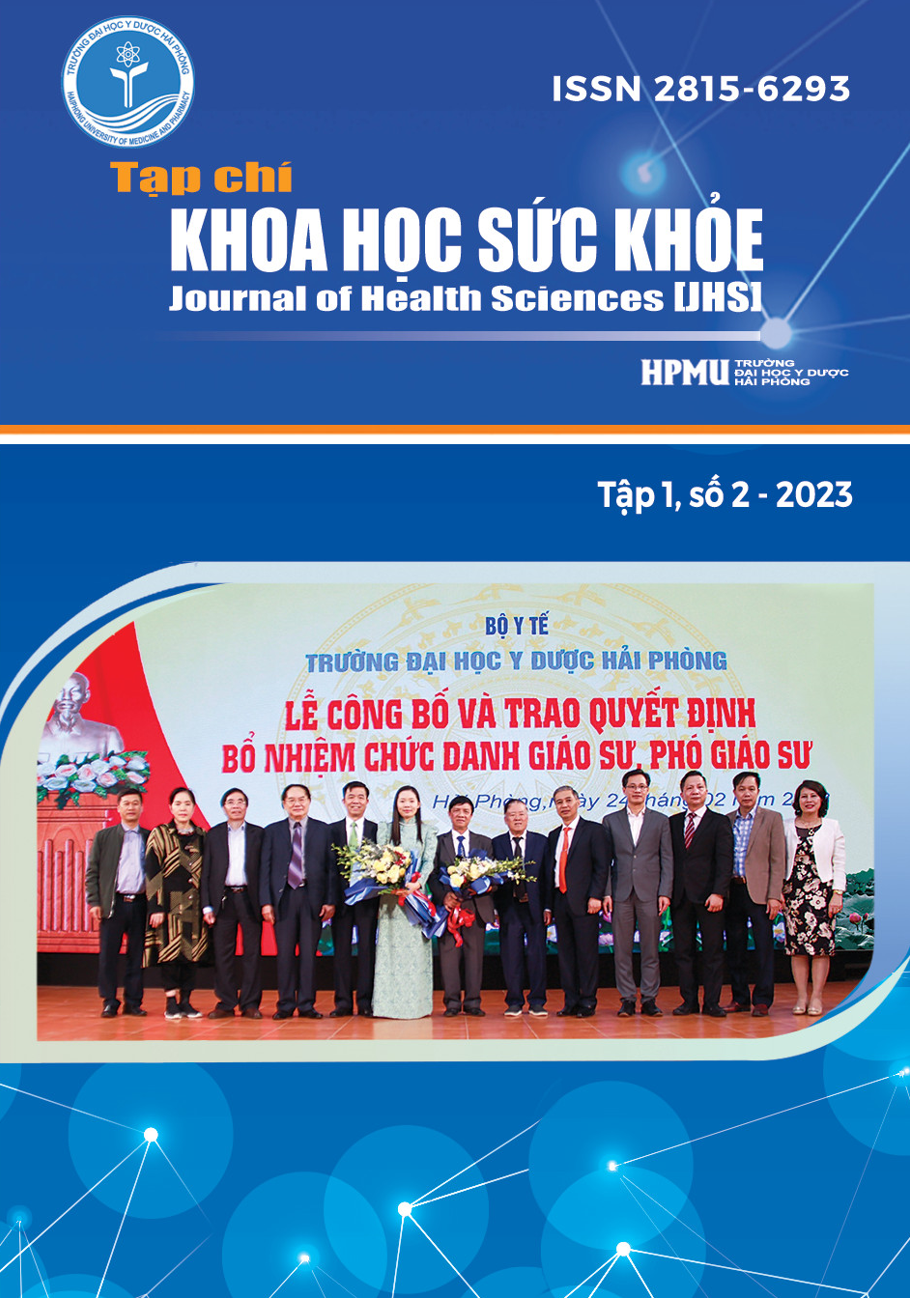Research on optimization of phenol treatment conditions in laboratory wastewater by advanced oxidation method
Abstract
. Introduction: Toxic organic substances such as phenol are usually very stable, and difficult to oxidize by common oxidizing agents. Finding a strong oxidizing agent that can oxidize stable and toxic organic substances into CO2 and H2O which are non-polluting substances is necessary. Aims, Subjects, and Methods: The study was carried to optimize the conditions of the advanced oxidation method for phenol treatment in wastewater by experimental chemical methods. Results: Phenol conversion increased over time, with time t = 180 minutes, phenol was almost completely converted (=98.57%). The best phenol removal efficiency under the following conditions: pH = 11, [Co2+]0 ≥ 10-3mol/l; [H4L]0: [Co2+]0 = 1; [H2O2]0 ≥ 10-2M, t = 180 min. Conclusion: The optimal conditions in the process of treating phenol with H2O2 under the catalytic effect of Co(II) – citric acid complex were pH = 11, [Co2+]0 ≥ 10-3 mol/l; [H4L]0: [Co2+]0 = 1; [H2O2]0 ≥ 10-2M, t ≥ 180 min. At optimal conditions and after 180 minutes, phenol is almost completely converted (= 98.57%), showing that the catalytic complex formed by Co2+ and H4L has very strong activity, the wastewater sample contains phenol after treatment. Management meets the criteria of QCVN 08- MT:2015/BTNMT.

